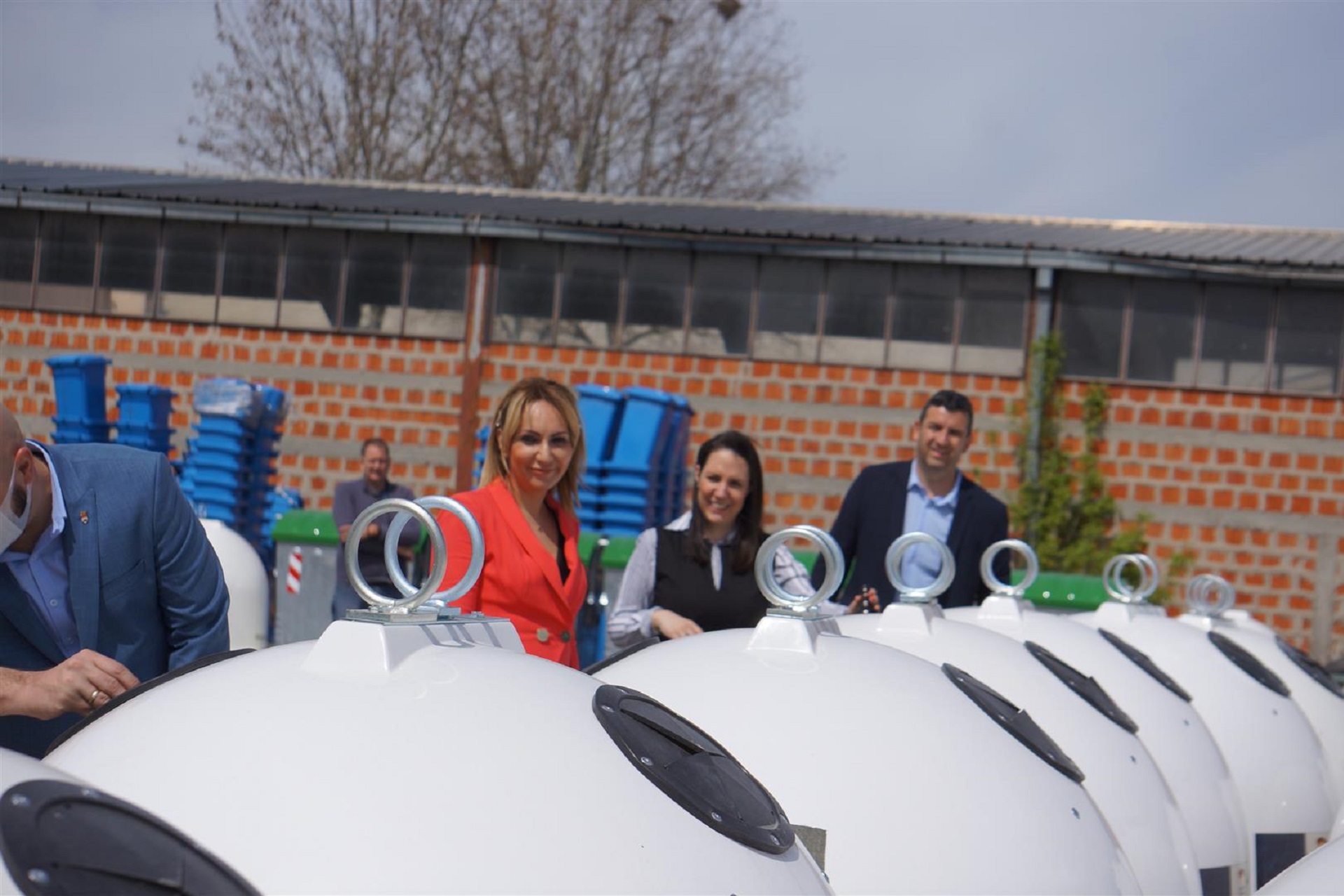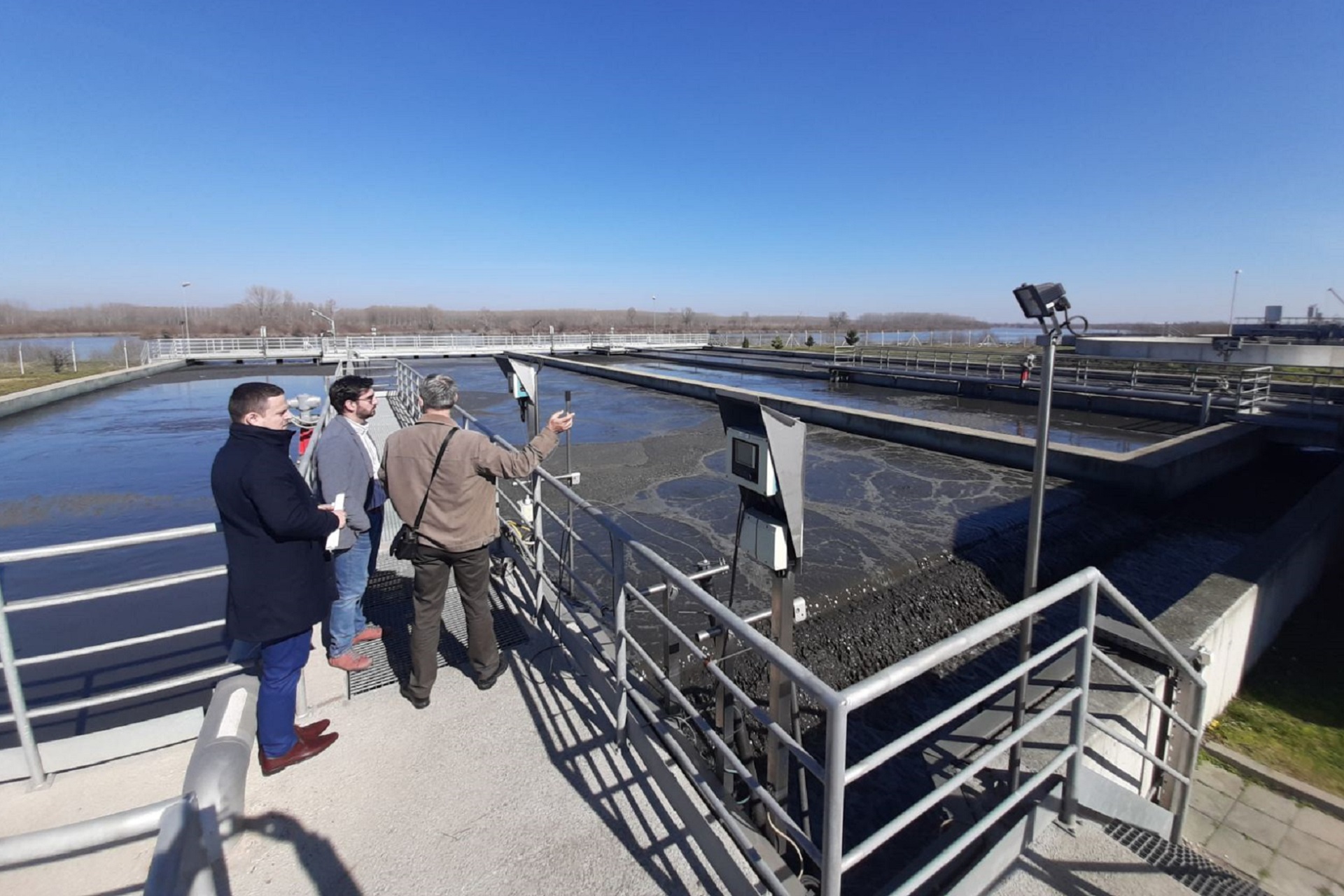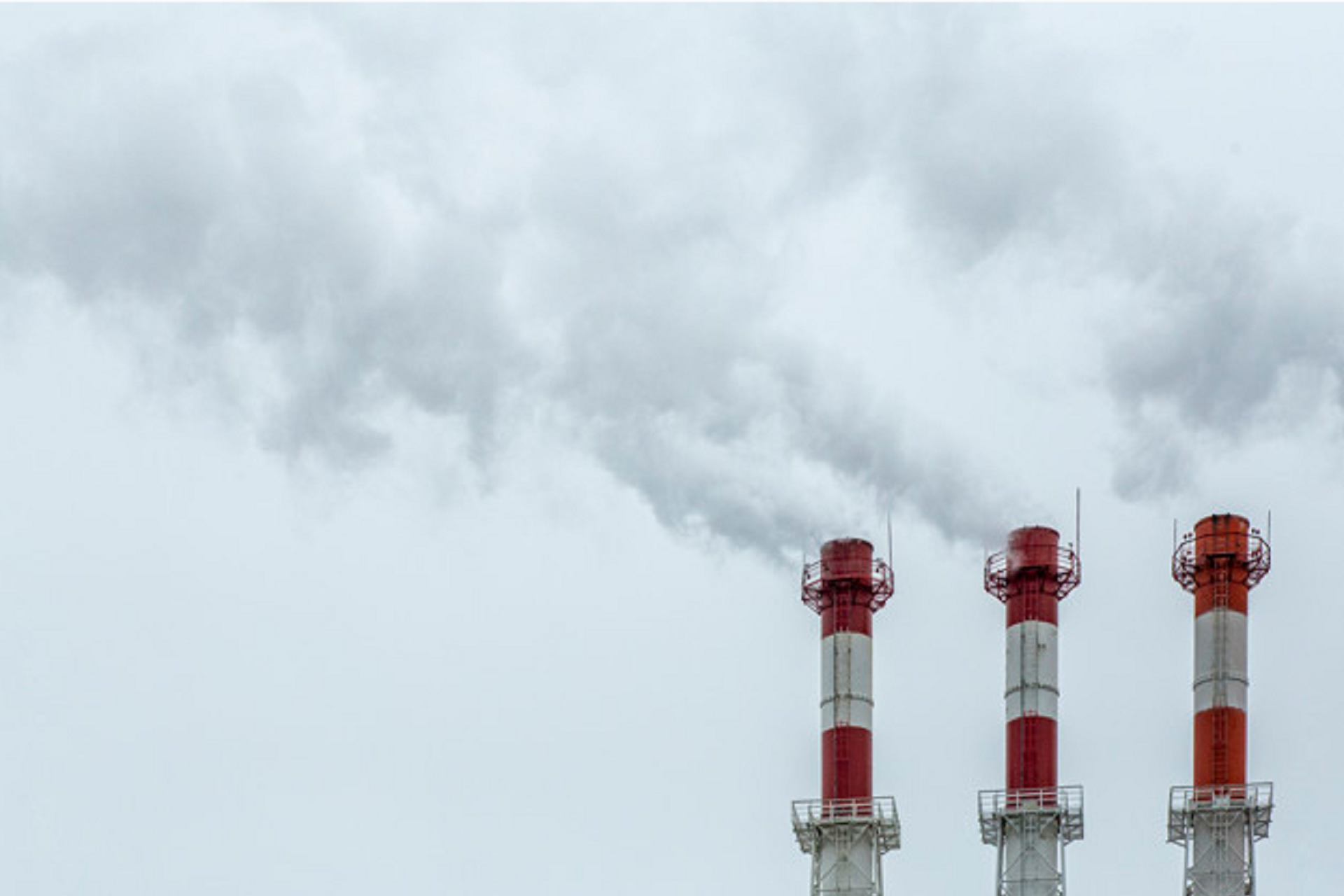One in two cars in Serbia is a serious polluter
Companies in Serbia pay a fee for the protection and improvement of the environment in fixed amounts ranging from 5,000 to two million dinars, depending on the activity and size, and not on the amount of released harmful substances. Therefore, those who do no damage can still have high obligations. As the current practice did not give the expected effects on reducing pollution, NALED proposes a change in the system to encourage investments in cleaner technologies with a different fee collection policy.
Nearly half of the industry that releases nitrogen oxides is not covered by any compensation. Fees are not charged to any ammonia emitters from the agricultural sector or the carbon dioxide emitting industry. To ensure that the "polluter pays" principle is respected, the first step is to integrate existing fees into a single pollution charge.
The fee for the protection and improvement of the environment prescribes the estimated amount, and it does not consider the actual amounts of harmful gas emissions. It is also paradoxical that a company can invest in environmental protection by building a wastewater facility, installing filters or using cleaner fuels and this will not be taken into account during the calculation of the fee. Also, for other companies that pollute a lot and do not invest, this fee does not provide any incentive effect to change their way of doing business, because whatever they do, they will end up paying the same. That is why we support the full implementation of the "polluter pays" principle, i.e. that everyone pays as much as they pollute. They will be able to reduce the fee by investing in cleaner production - said the President of NALED’s Environment Protection Alliance, Jelena Kiš.
Part of the reform implies that the list of the harmful materials and taxpayers expands, and to charge the same amount of compensation per tonne of issue, and to increase that amount by 10% in the next three years. In addition, the share of cities and municipalities in the revenues from the fee should be increased from 40% to 50% in relation to the republic budget.
The proposal is part of NALED's Analysis of Fiscal Instruments in the Field of Environment, which deems it is necessary to invest around 2.3 billion euros in cleaner air. Part of the funds can be provided through better use of revenues from environmental taxes, and it is necessary to include citizens in the change of the taxation system.
- According to the data of the Ministry of the Interior, there are 2.1 million registered cars in Serbia, of which almost 1.2 million have EURO 3 engines and lower standards engines, which emit an illegal amount of gas. Currently, the tax is lower for older cars, and to motivate owners to replace their catalysts and filters, we propose to change the calculation of the tax on motor vehicles. The tax needs to increase in proportion to the cubic capacity of the vehicle, but also to increase concerning the EURO standard, according to which the engine is manufactured. In all EU countries, including the countries of the region, the import of even EURO 4 engines is prohibited. This practice, along with incentives for the purchase of vehicles that meet newer standards, must be introduced in our country in order to stop traffic pollution - adds Jelena Kiš.
In this segment, too, it is necessary to integrate fees (inserting a local tax for keeping motor vehicles into the tax on the use of motor vehicles) and introduce changes in the distribution of revenues between the state and local governments.
When it comes to powdery substances (PM2.5 and PM10), only 2.5% of the total emitted PM particles are covered by the tax instrument. The largest sources include individual fireboxes and heating facilities of lower power. The authors of the analysis, therefore, state that in accordance with the EU directive on energy taxation, it is necessary to introduce an excise tax on coal and to encourage 80% of households with subsidies to switch to renewable sources.
As part of the non-tax revenue reform project, NALED and KPMG, with financial support from USAID, are organizing a "Parafiscal Month" campaign. In this campaign, in addition to the proposal for the regulation of taxes and fees in the field of environmental protection, the concept of non-tax revenue reform will be presented, with recommendations for improving and increasing the transparency of national and local non-tax duties. During the campaign, which will take place in June, citizens and business entities will be able to engage in public-private dialogue through the parafiskali.rs website.



